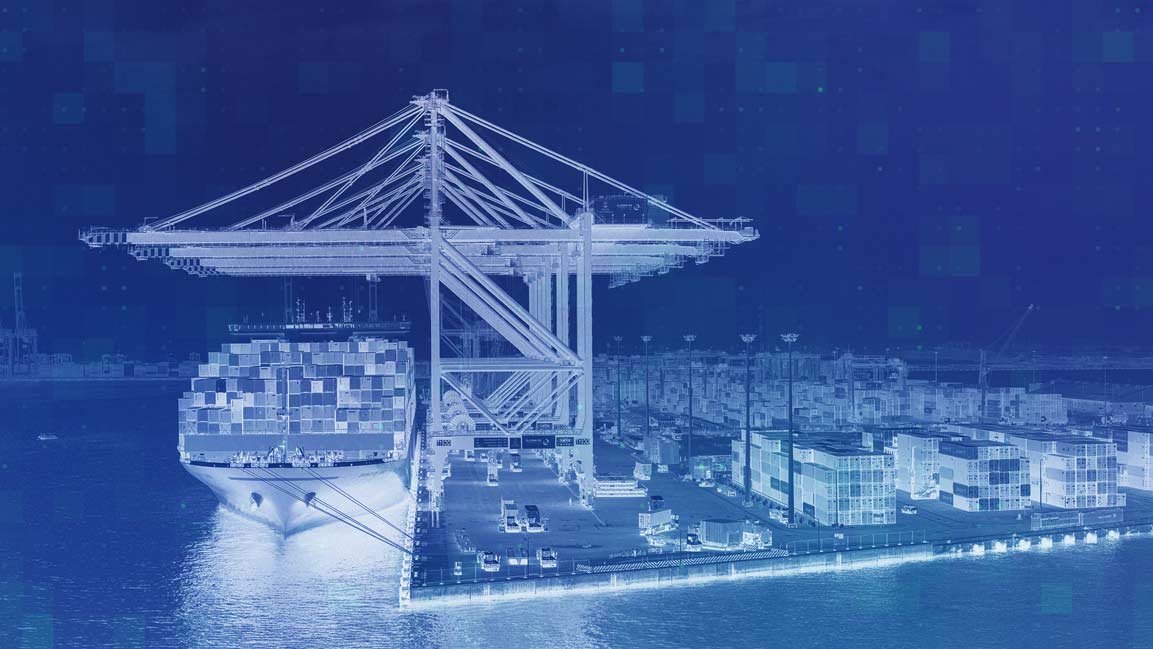- | 11:00 am
How GCC’s ports and expanding fleets are shaping the future of maritime trade
Aside from port efficiency, GCC countries ranked among the top 35 nations for the size of their maritime fleets by tonnage and capacity.

These rankings emphasize the Gulf region’s rising prominence in international shipping and logistics. According to the Emirates News Agency, citing GCC Statistics Center data, the ports were chosen from a global pool of 405 terminals, showcasing the region’s growing influence in global trade.
The GCC Statistics Center reports that the Gulf’s commercial fleets now represent 54.2% of the total Arab shipping fleet, solidifying the region’s standing as a key player in global maritime trade. With over 25 major seaports across its member states, the GCC is poised for further maritime infrastructure growth.
In Saudi Arabia, the Vision 2030 framework, through the National Industrial Development and Logistics Program, aims to position the Kingdom as a global logistics hub. Key projects by the Saudi Ports Authority include a $170.5 million expansion of Jeddah Islamic Port’s berths to accommodate mega container ships and a $1.87 billion upgrade of container terminals at King Abdulaziz Port in Dammam.
In Qatar, port infrastructure development plays a key role in the country’s economic diversification efforts. The Ministry of Commerce and Industry has introduced incentives, including reduced service fees, to attract foreign investment and integrate Qatari ports more effectively into global trade networks.
The GCC-Stat highlighted the region’s focus on sustainable port development, positioning Gulf ports as integral players in global supply chains. It also underscored the strategic importance of Gulf maritime operations in maintaining regional security and stability.































